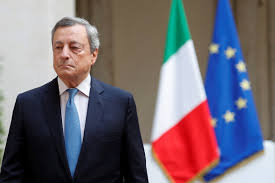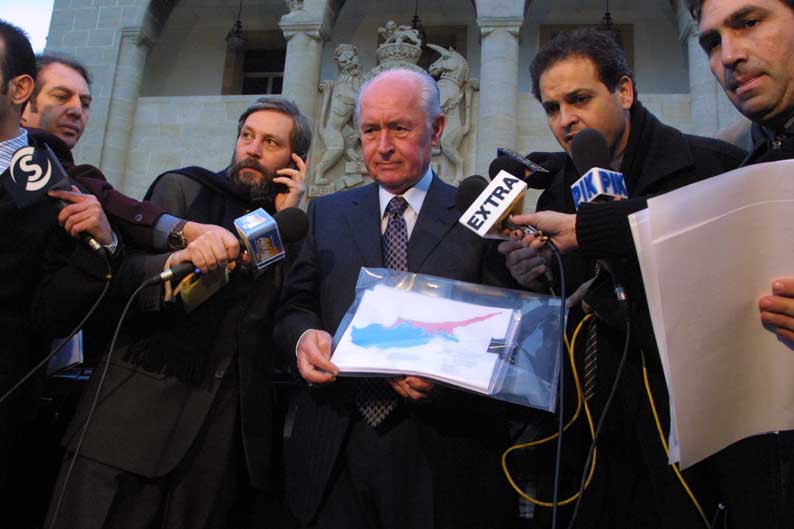The EU is currently facing adverse shocks that reflect inherent weaknesses, including: (a) the difficulty in building consensus and promoting unified positions, (b) an over-dependence on the US, especially on security issues, (c) disruptions, in recent years, in supply chains, (d) insufficient adoption of advanced technology, (e) slow progress in addressing climate change, and (f) entrenched perceptions of growing inequality. The recent asymmetrical trade agreement with the US has exacerbated these challenges.
The macroeconomic environment remains unfavourable and geopolitical instability is increasing. At the same time, the scope for fiscal and monetary support is limited, while decision-making processes remain time-consuming and inefficient.
Given these circumstances, strengthening industrial competitiveness becomes imperative for the survival and preservation of the social model of the EU.
The public debate on appropriate strategic responses is ongoing. Some analysts favour strengthening private sector initiatives through the adoption of structural reforms. Others advocate a stronger role for the state, including via increased public investment, enhanced incentives for private investment and active support for strategic sectors. In this context, and despite its different political system, China is often cited as an example, having adopted a model of active state intervention, characterised by targeted, long term-oriented support for strategic sectors, such as green energy and advanced technology, while investing heavily in physical infrastructure and exploiting new markets.
The reports by Messrs. Draghi and Letta propose a mixed approach: promoting structural reforms by simplifying the regulatory framework and reducing bureaucracy, as well as expanding the single market to cover critical service sectors. In parallel, they recommend strengthening public and private investments and actively supporting domestic production in key sectors, such as artificial intelligence and renewable energy, to enhance resilience.
The upcoming discussions on the 2028–2034 European Commission budget provide an opportunity for the EU to reiterate its political will to implement, in practice, the recommendations of Draghi and Letta. The planned restructuring of investments in favour of strategic sectors can only be achieved if resistance from groups defending established interests is overcome. At the same time, the necessary increase in the overall resources available in the community budget must overcome expected resistance from a number of countries, including Germany.
It is also critical, for the strategic interest of the EU, to maintain a favourable framework for international trade, in contrast to the restrictive policies promoted by the Trump administration, while reinforcing strategic autonomy and reducing excessive dependencies in strategic sectors, such as technology and energy.
To avoid repeating poor practices of previous state interventions, policies supporting domestic production must be limited in scope, targeted at areas of strategic importance and based on a well-designed, specific plan and budgetary framework, as well as a strong mechanism for independent and continuous monitoring and evaluation.
Andreas Charalambous and Omiros Pissarides are economists and the views they express are personal.








Click here to change your cookie preferences